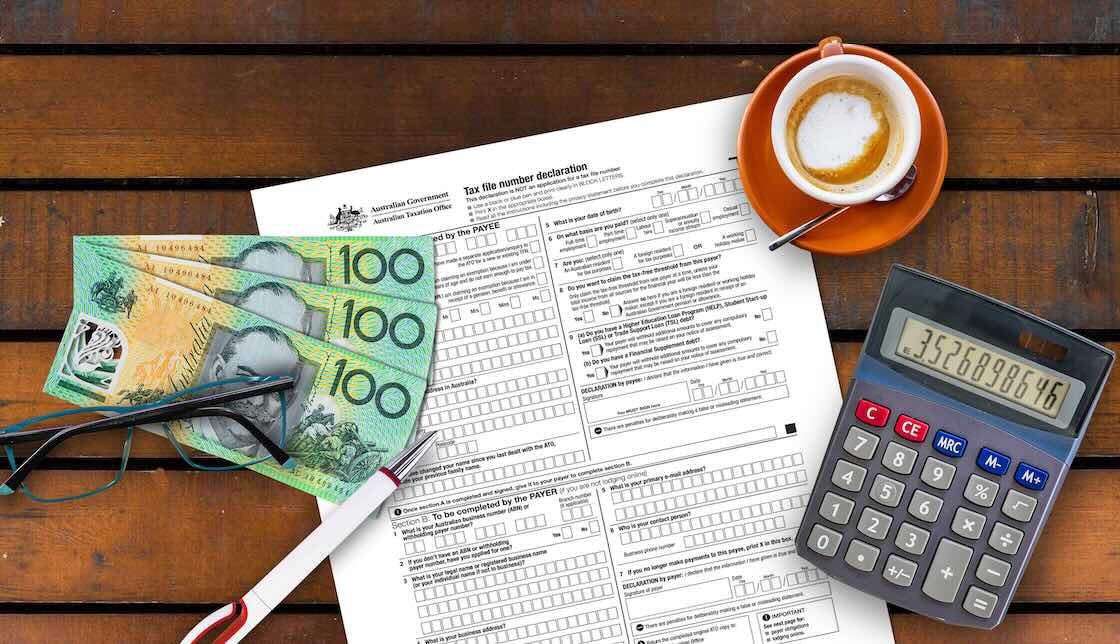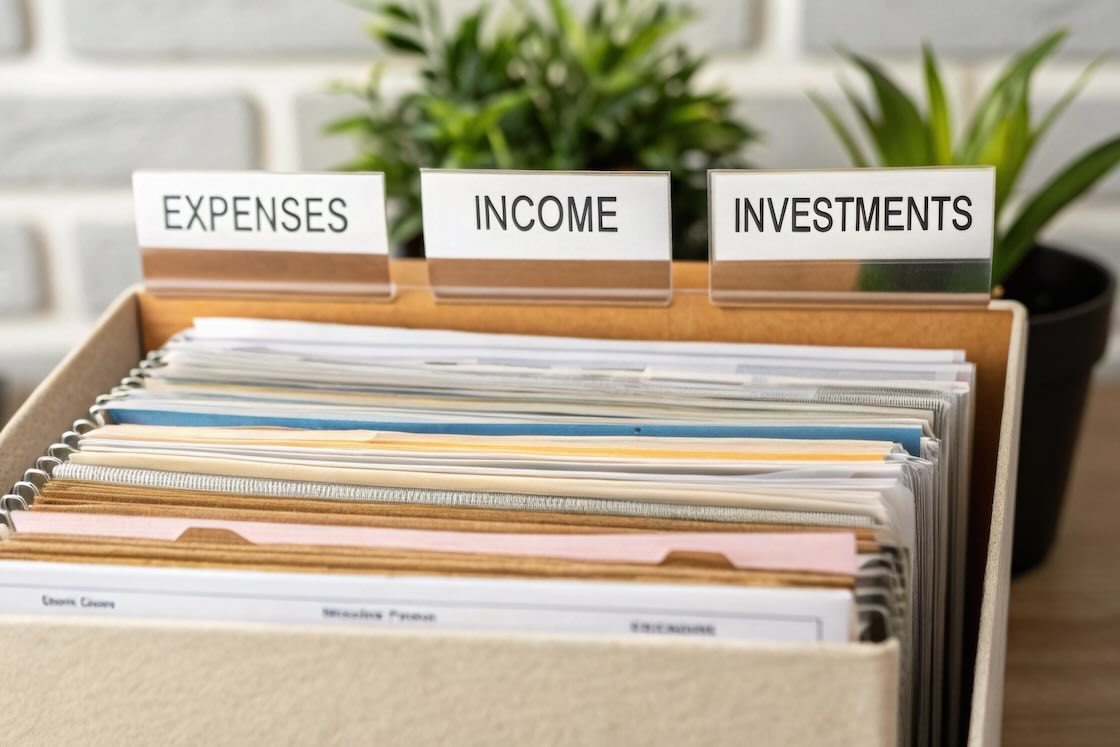What can cleaners claim on tax? Eligible tax deductions for cleaners include car expenses when travelling between job sites, the cost of buying cleaning supplies and protective gear like gloves or face masks, and even laundry expenses for branded uniforms or safety clothing. You can also claim work-related phone use, overtime meals, and repairs to tools and equipment.
If you’re self-employed, there are additional self-employed house cleaner tax deductions you can claim—like business insurance, advertising, accounting fees, and the depreciation of cleaning tools worth over $300.
Knowing what you can and can’t claim ensures you don’t miss out on legitimate deductions or make costly mistakes. Our tax refund specialists have broken down everything you need to know below.
Cleaner Tax Deductions List
Deductions You Can Claim
- Car expenses (if carrying bulky tools or travelling between job sites)
- Parking and tolls (only for work-related travel, not commuting)
- Cleaning products (if not supplied or reimbursed by employer)
- Protective clothing and PPE (e.g. gloves, masks, safety glasses, non-slip shoes)
- Compulsory or registered uniforms
- Laundry costs (for eligible work clothing: $1 per load or $0.50 if mixed with personal)
- Tools and equipment (vacuum, mop, etc.—full deduction under $300 or depreciation if over)
- Repairs to tools and equipment
- Phone, data, and internet (work-related portion only)
- Overtime meals (if allowance shown separately and included as income)
- Self-education and training (if directly related to current cleaning role)
- Seminars and conferences (if work-related)
- Overnight travel expenses (if required to sleep away for work)
- Union or professional fees
Expenses You Can’t Claim
- Regular home-to-work travel (unless conditions for car expenses are met)
- Child care costs
- Driver’s licence fees (new or renewal)
- Fines or penalties (parking, speeding, etc.)
- Conventional clothing (even if required by employer)
- Meals, snacks, coffee during normal shifts
- Music subscriptions, podcasts, audiobooks
- Prescription glasses or contact lenses
- Vaccinations (e.g. flu shots)
Car and Vehicle Expenses
You can’t claim a car expenses deduction for normal trips between your home and regular place of work. These are private expenses, even if you:
- live a long way from your usual or regular workplace
- have to work outside normal business hours (for example, weekend or early morning shifts).
In limited circumstances, you can claim the cost of trips between home and work, such as where you:
- carry bulky tools or equipment for work, and
- there is no secure storage at the workplace.
All of the following must apply to claim car expenses for transporting equipment:
- The tools or equipment are essential to perform your duties
- The tools or equipment are bulky and can only be transported conveniently using a car
- There is no secure storage for such items at your workplace
You are also considered to have shifting places of work where you have no fixed place of work and continually travel from one work site to another before returning home.
You can also claim if you drive:
- directly between separate jobs on the same day (e.g. from cleaning to another shift), or
- to and from an alternative workplace on the same day
You can’t claim car expenses if the car is used under a salary sacrifice or novated lease arrangement.
You can choose between:
- Logbook method (record work use % and claim running costs)
- Cents per kilometre method (claim a fixed rate per km)
If you use either method, you can’t claim extra deductions for petrol, servicing or insurance on top.
You also can’t claim parking or tolls for trips between home and a regular work location—but can claim these on work-related trips between job sites.
Cleaning Products
You can claim a deduction for the cost of cleaning products you buy solely for earning your income as a cleaner.
You can’t claim if your employer provides or reimburses the products.
If a product is used for both work and personal reasons, only the work portion is deductible.
Clothing, Uniforms, and Footwear
You can claim a deduction for costs you incur to buy, hire, repair or replace work clothing if it fits one of these:
- Protective clothing: Non-slip shoes, smocks, aprons, goggles
- Occupation-specific: Clothing unique to your role (not worn outside work)
- Compulsory uniform: Branded and required by policy
- Non-compulsory uniform: Registered with AusIndustry and required for work
You can’t claim:
- Conventional clothing (even if your employer requires it)
- Items like black pants or closed shoes, unless they’re protective in nature
Laundry and Maintenance
You can claim for the cost to wash, dry, iron or repair:
- Protective clothing
- Compulsory or registered uniforms
Claim rates:
- $1 per load if only work clothing
- $0.50 per load if mixed with personal clothes
You don’t need written evidence for laundry claims under $150, but you still need to explain how you calculated it.
Protective Items
You can claim the cost of:
- Safety glasses
- Face masks
- Gloves
- Sanitiser or PPE used to reduce injury or illness
You can’t claim these if they are supplied or reimbursed by your employer.
Tools and Equipment
You can claim tools like vacuums, steamers, or cleaning gear if:
- You paid for them
- You use them to earn your income
- You weren’t reimbursed
How to claim:
- If under $300: claim the full cost in the year of purchase
- If over $300: claim depreciation over the item’s effective life
If the item is used for private purposes, only claim the work portion.
Repairs to Tools and Equipment
You can claim repair costs for work-related tools and gear.
If you use them personally as well, apportion the expense.
Phone, Data and Internet
You can claim the work-related portion of your mobile phone or internet usage.
If claiming under $50/year, no records are needed.
If claiming more than $50/year, you need:
- An itemised bill
- Notes or diary entries showing work use
You can’t claim if your employer pays or reimburses you.
Self-Education and Training
You can claim self-education expenses if the course:
- Directly relates to your current cleaning job
- Maintains or improves your work skills
- Is likely to increase your income
You can’t claim if the course:
- Helps you change careers (e.g. studying nursing)
- Has no direct link to your current work
Claimable costs include course fees, textbooks, stationery, and depreciation of assets over $300 used for study.
Seminars, Conferences and Workshops
You can claim registration, transport, accommodation and meals for work-related seminars.
If the event is partly private, only claim the work-related portion.
Overtime Meals
You can claim a deduction for overtime meals if:
- You get an overtime meal allowance under an award
- The allowance is shown separately on your income statement
- You include the allowance as income in your tax return
If claiming under the reasonable amount, no receipts needed.
Travel Expenses (Overnight)
You can claim costs if you:
- Travel overnight for work
- Pay for your own meals and accommodation
- The travel is required to perform your job
You can’t claim if your employer provides or reimburses these expenses.
Union and Professional Association Fees
You can claim fees for unions or industry bodies relevant to your job.
Use your income statement as proof if the fees appear there.
Parking Fees and Tolls
You can’t claim parking or tolls going to your regular workplace.
You can claim parking or tolls while travelling between different job sites during the same day.
Child Care
You can’t claim child care costs, including school holiday programs or before/after school care. These are considered private expenses.
Driver’s Licence
You can’t claim the cost of getting or renewing your licence—even if it’s essential for your job. It’s a private expense.
Fines and Penalties
You can’t claim any fines—parking, speeding or others—even if incurred during work.
Music, Audiobooks, Podcasts
You can’t claim music subscriptions, CDs, or audio content used to keep yourself motivated at work. These are private expenses.
Vaccinations
Vaccinations (e.g. flu shots) are personal medical expenses and not deductible.
What You Need for Your Records
To claim deductions, you need to keep valid records like:
- Receipts or invoices showing supplier name, amount, item and date
- Diary entries or logs showing how you calculate work-related use
- Logbooks for vehicle travel
- Digital records or tools like the ATO’s myDeductions app
You must keep records for five years from the date you lodge your return.
Get Your Tax Refund Today
At My Tax Refund Today, we make it fast, simple, and stress-free. Our registered tax agents will help you maximise your return and get it into your hands—optionally on the same day, with no upfront fees.
Enquire about your tax refund today and receive your refund estimate in minutes!




